


Framed or unframed, desk size to sofa size, printed by us in Arizona and Alabama since 2007. Explore now.
Shorpy is funded by you. Patreon contributors get an ad-free experience.
Learn more.

- What a headache!
- Baldwin 62303
- Baldwin VO-1000
- Cold
- No expense spared
- Tough Guys
- Lost in Toyland
- And without gloves
- If I were a blindfolded time traveler
- Smoke Consumer Also Cooks
- Oh that stove!
- Possibly still there?
- What?!?
- $100 Reward
- Freeze Frame
- Texas Flyer wanted
- Just a Year Too Soon
- WWII -- Replacing men with women at the railroad crossing.
- Yes, Icing
- You kids drive me nuts!
- NOT An Easy Job
- I wonder
- Just add window boxes
- Icing Platform?
- Indiana Harbor Belt abides
- Freezing haze
- Corrections (for those who care)
- C&NW at Nelson
- Fallen Flags
- A dangerous job made worse
Print Emporium
Information Retrieval: 1942
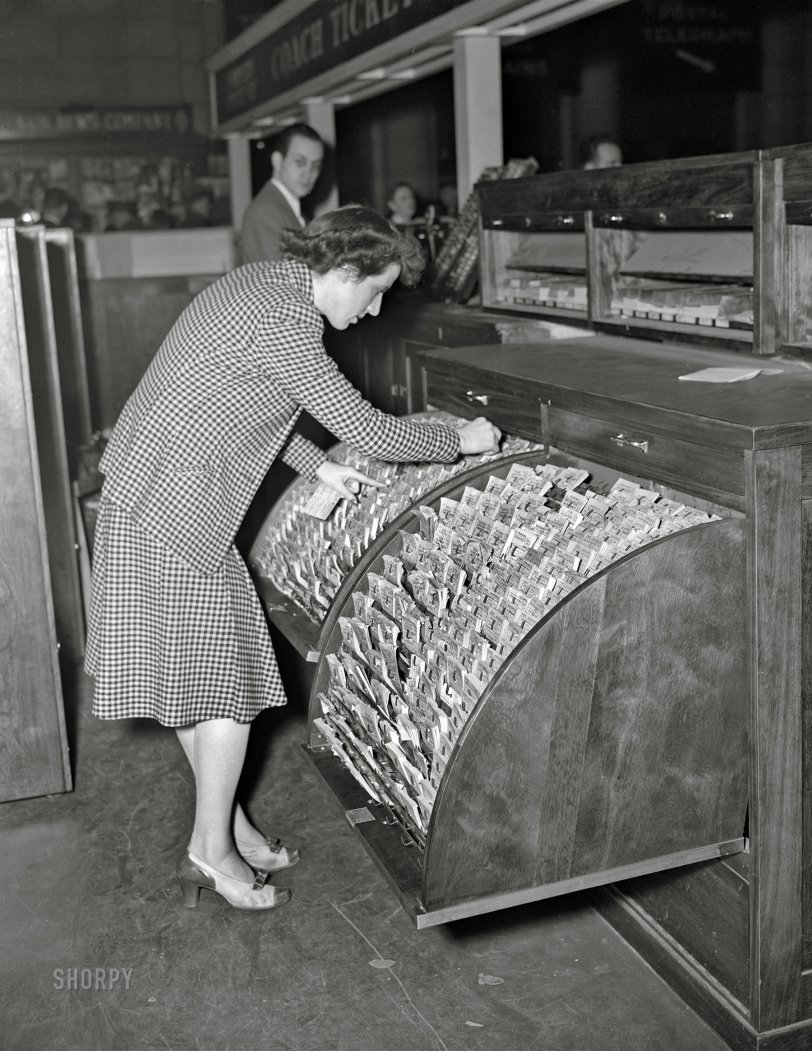
November 1942. "Washington, D.C. Clerk and ticket seller searching for reservations at the Union Station." Acetate negative by Gordon Parks, Office of War Information. View full size.
Spillage
I don’t get how a lot of those tickets don’t dump out of their slots, upside down, when the drawer is closed, even with the hooks. I’m trying to imagine the big drawer closing, moving through 90 degrees, leaving much of the ticket load dangling or sliding out of their slots and off their hooks. And although I see only one fingernail, I do like her nail polish.
How does this work?
I've always assumed reservations in the "old days" were tracked via calendar; but that doesn't seem to be the case here. I'm counting each drawer holds eight rows of 28 hooks, so no obvious system I can think of (I got close with seven days in a week and 26 letters in the alphabet). There are lots of papers on almost every hook, but no hook labels to indicate dates, last names, or trains. So, how did our hard-working lady look up reservations? She had to have had a system to immediately go to the correct hook.
Analog vs. digital
Imagine what happens if that system "crashes" -- and that the data needs to be reconstructed.
I wonder whether there are reports on customer satisfaction and reliability of those old analog physical reservation systems. Whether they lost more reservations than today's digital booking systems.
Washington, Baltimore and Un-app-olis
Many of us, I think, look on scenes like this, and are amazed at how - or simply that - the world functioned in the the pre-digital age. It is impressive, but it's also useful to keep the numbers in perspective: American railroads handled 53 billion passenger miles in 1942 (many of them on unreserved, short distance trips), American airlines today handle more than 600 billion passenger miles (almost all of them on reserved tickets) ... so those would be some big cabinets.







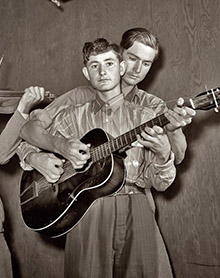
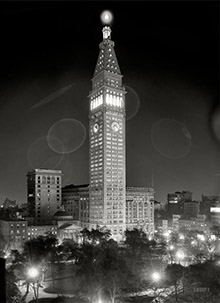
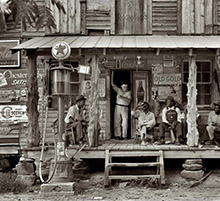
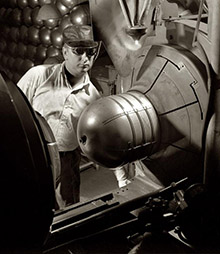
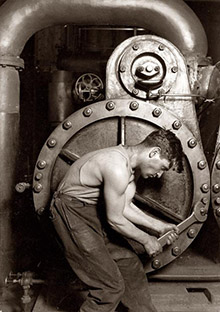

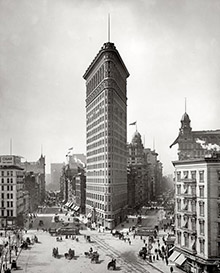



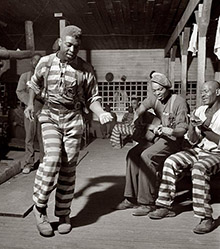

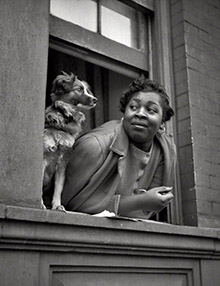

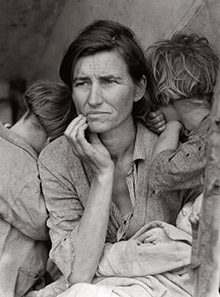

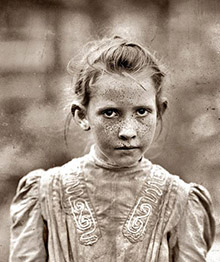
On Shorpy:
Today’s Top 5